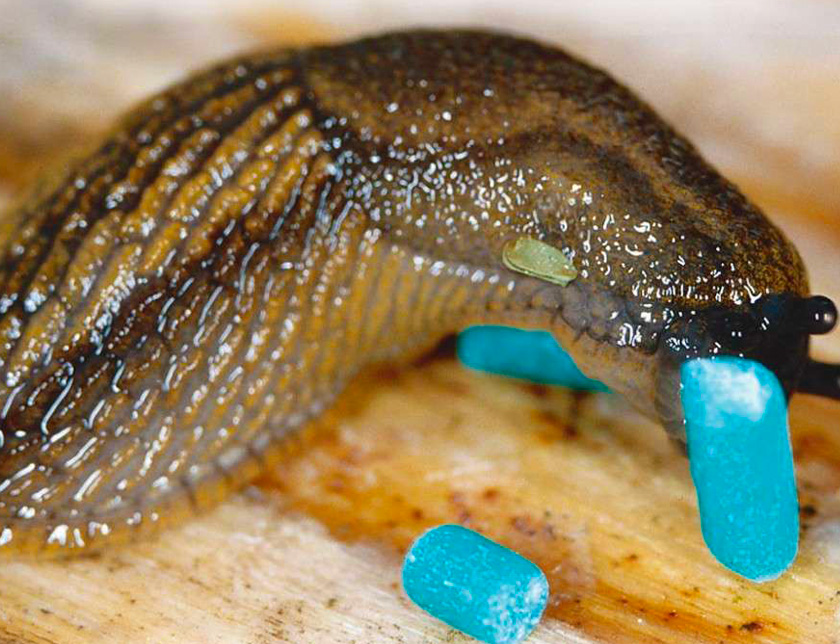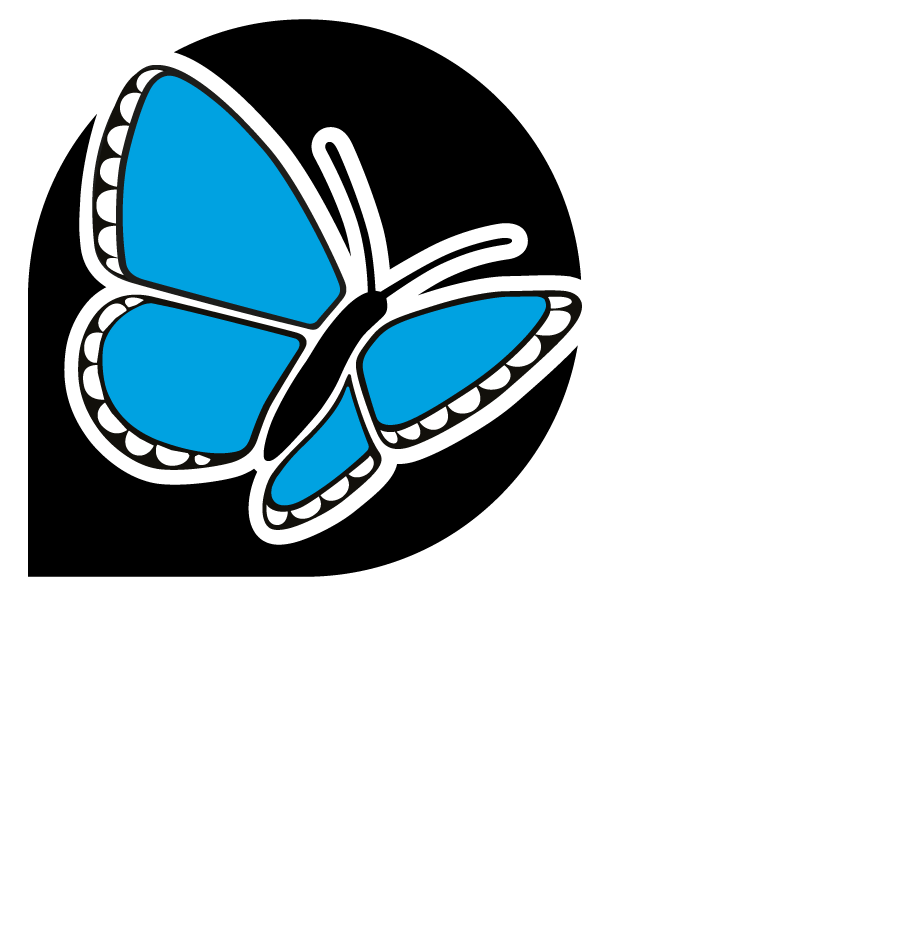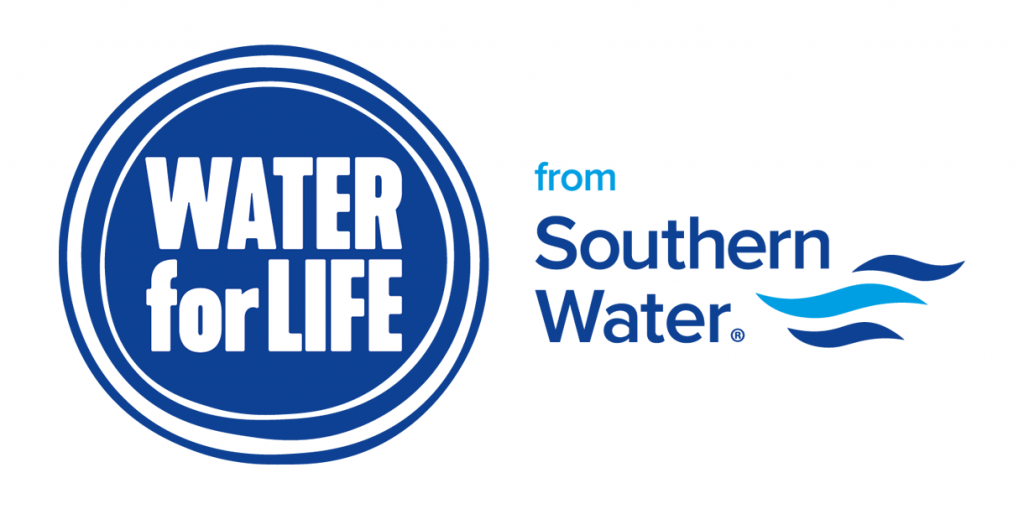Metaldehyde slug pellets replacement scheme
About the Project
Metaldehyde based slug pellets were once the most popular method for tackling slug predation in arable crops. The blue pellets had as their ‘active ingredient’ a chemical called metaldehyde, which works to interrupt the slugs’ nervous system. However, this effective slug control was also found to have unintended consequences on other wildlife and on water quality.
Once metaldehyde enters the water, it is very hard to remove. Reducing the use of these pellets and replacing them with the less troublesome ferric phosphate- based pellets is better not only for the environment but will also reduce the need for treatment of the public water supply.
Aims
- To reduce the use of metaldehyde-based slug pellets in the Beult catchment
- To help farmers prepare for the phasing out of metaldehyde, through encouraging the use of ferric-phosphate based pellets instead

Method
Southern Water used water quality monitoring across the catchment to identify where metaldehyde was entering the river. This identified the upper catchment of the River Beult as an area to focus on.
Subsidies were offered to help farmers replace their metaldehyde pellets with ferric phosphate pellets throughout the catchment. The offer was for £1000 per tonne to cover the additional cost of the ferric phosphate-based pellets. Upon application, farmers provided estimates of how much ferric-based products they would require and how much money back they would be claiming.
This offer was communicated to eligible farmers via the Upper Beult Farmer Cluster Officer, the Southern Water Catchment Officer and Natural England’s Catchment Sensitive Farming Officers.
The Upper Beult Farmer Cluster provided the platform for group meetings to discuss the issue and the effectiveness of the alternative pellet being made available. As well as the opportunity for 1-2-1 farm visits and engagement with each farm’s agronomist.
Results
- From 2019 – 2022, 33 farmers took up the scheme to replace their metaldehyde-based slug pellets with ferric phosphate-based ones
- As a result approximately 17,866 kg of metaldehyde was effectively removed across the Beult catchment
- Due to the communications to the cluster and agronomists, more farmers across the Beult catchment had already made the switch to ferric phosphate when the ban on metaldehyde came into force in March 2022
Outcomes
Following the nationwide ban on metaldehyde sales which came into effect at the end of March 2021 and the ban on use in March 2022, the Southern Water metaldehyde replacement scheme was stopped. The work is now focussed on raising awareness of the ban and to continue monitoring the water quality of the river Beult. It is hoped that metaldehyde will no longer be detected in our river.
Farmers throughout the catchment have become very aware of the issues surrounding metaldehyde slug pellets, especially regarding water quality. This has also highlighted the broader need to reduce where possible the use of other pesticides to prevent future water quality issues and possible bans on other pesticides.



